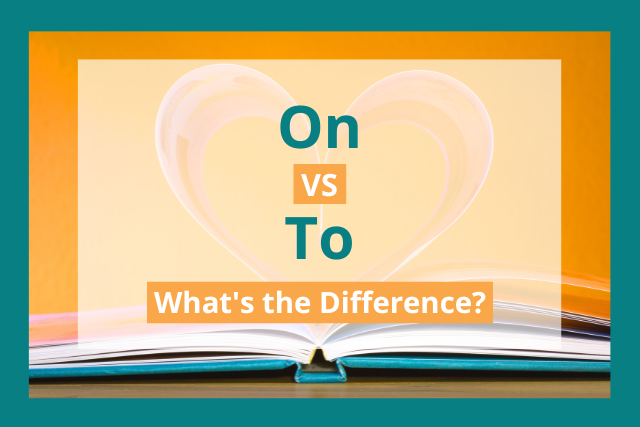
A prepositional verb is a phrase that requires a preposition to follow the verb. These verbs are transitive, which means they are action verbs with a direct object.
Many prepositional verbs use the prepositions to or on, and it’s easy to confuse which preposition goes with which verb. Here are a few examples:
- minister to
- object to
- travel to
- jumped on
- plan on
- put on
Sometimes verbs are linked to other words. When a transitive verb, which is an action verb that requires a direct object, needs a preposition, it can be a phrasal or prepositional verb.
Phrasal verbs can separate the verb and the preposition with other words. Prepositional verbs require the preposition to immediately follow the verb.
Phrasal Verb Example
Both of these are correct:
- I turned the printer on.
- I turned on the printer.
Prepositional Verb Example
Correct: The child hopped on the bed.
Incorrect: The child hopped the bed on.
Prepositional verbs can use many different prepositions, including in, of, off, and after. This article focuses on prepositional verbs that use to and on. Remember, if these verbs are not transitive, meaning they do not have a direct object, they don’t always need a preposition.
Prepositional Verbs With To
- The preacher ministered to the congregation.
- The attorney objects to the prosecutor’s statement.
- We are going to travel to the Orkney Islands next year.
- Please adhere to the guidelines in the employee handbook.
- Let’s plan to get together after the holidays.
Prepositional Verbs With On
- They planned on going to the movies later.
- The dog jumped on my lap.
- I hopped on the train.

